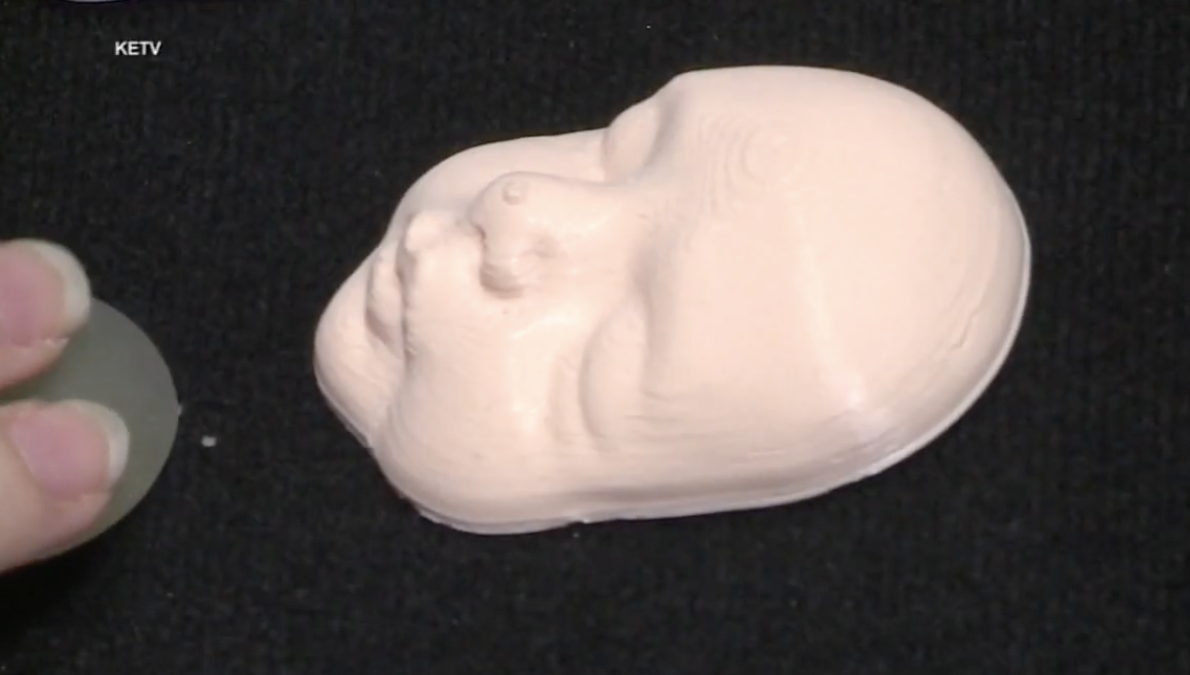
In a groundbreaking medical achievement, doctors have successfully treated a baby in the womb suffering from Pompe disease, a severe genetic disorder that impedes the body from producing essential proteins. Today, the young patient, Ayla Bashir, is thriving.
“Infantile-onset Pompe disease can cause severe damage to major organs of the body such as the heart before birth. Physicians at UC San Francisco started enzyme replacement therapy during fetal development to improve health outcomes for the baby. If left untreated, the disease can turn fatal in early childhood, or lead to low muscle tone, or ventilator dependency.
Ayla received six prenatal enzyme replacement treatments at The Ottawa Hospital before being born at term. Currently, at 16 months of age, the child is undergoing postnatal enzyme therapy at CHEO (a pediatric hospital and research center in Ottawa, Canada) and is doing well,” wrote Medical Daily.
“When we were having Ayla, we didn’t know if she’d be able to walk,” Zahid Bashir, Ayla’s dad, said. “We didn’t know if she’d be able to talk. We didn’t know if she’d be able to eat. We didn’t know if she’d be able to laugh. So, as she hits each of these milestones, we continue to be amazed at her progress. So, yeah, it’s quite something, that I think sometimes we may take for granted, but most of the time we’re quite aware that she’s a miracle.”
Typically, children born with Pompe disease have enlarged hearts and die within two years without treatment. Extremely rare, the disease occurs in less than 1 in 100,000 live births. It is caused due to genetic mutations that affect the production of an enzyme called acid alpha-glucosidase that breaks down glycogen. The mutation leads to the accumulation of dangerous levels of glycogen in the body.”
Today the little patient, Ayla Bashir, from Ottawa, Ontario, is an “active, happy girl who has met her developmental milestones, according to her father, Zahid Bashir and mother, Sobia Qureshi, reports The AP.
“‘She’s just a regular little 1½-year-old who keeps us on our toes,’ Bashir said. The couple previously lost two daughters, Zara, 2½, and Sara, 8 months, to the disease. A third pregnancy was terminated because of the disorder.
In a case study published Wednesday in the New England Journal of Medicine, doctors describe an international collaboration during the COVID-19 pandemic that led to the treatment that may have saved Ayla’s life – and expanded the field of potential fetal therapies. The outlook for Ayla is promising but uncertain.
‘It holds a glimmer of hope for being able to treat them in utero instead of waiting until damage is already well-established,’ said Dr. Karen Fung-Kee-Fung, a maternal-fetal medicine specialist at The Ottawa Hospital who gave the treatment and delivered Ayla.”
Several researchers collaborated to find a cure for Pompe disease. “’This treatment expands the repertoire of fetal therapies in a new direction,’ said co-senior and corresponding author Tippi MacKenzie, MD, a pediatric surgeon at UCSF Benioff Children’s Hospitals, co-director of UCSF’s Center for Maternal-Fetal Precision Medicine and director of the Eli and Edythe Broad Center of Regeneration Medicine and Stem Cell Research. ‘As new treatments become available for children with genetic conditions, we are developing protocols to apply them before birth,'” SciTechDaily reported.
Pompe disease affects about 1 in 40,000 people in the United States. With this new treatment and courageous patients like Ayla, there is hope that doctors will soon make this childhood disease a thing of the past.
[Read More: Buzz Aldrin Ties The Knot For His 93rd Birthday]










Can we do this worldwide for other diseases?